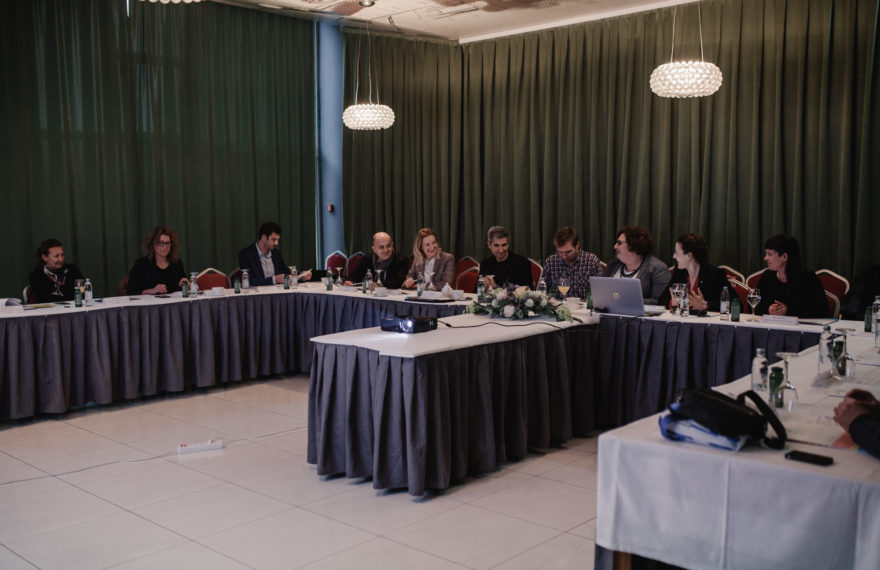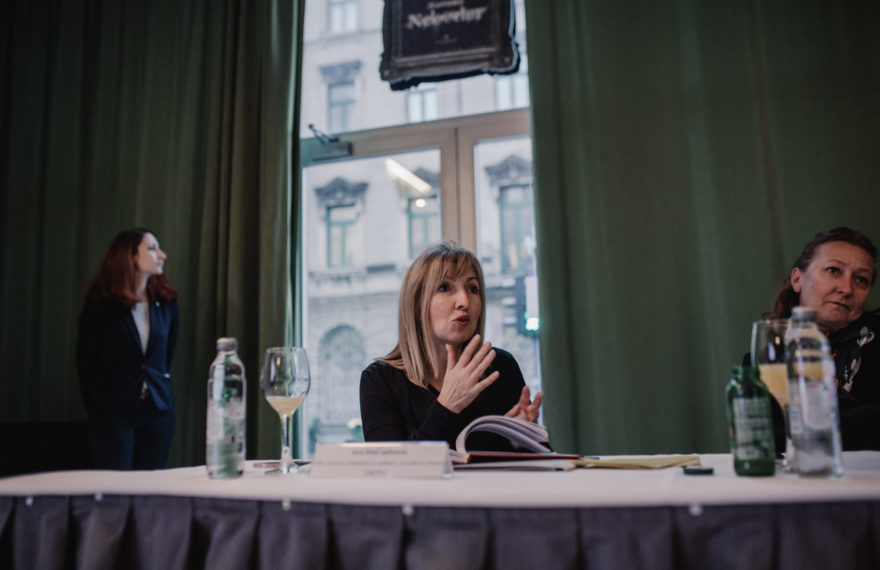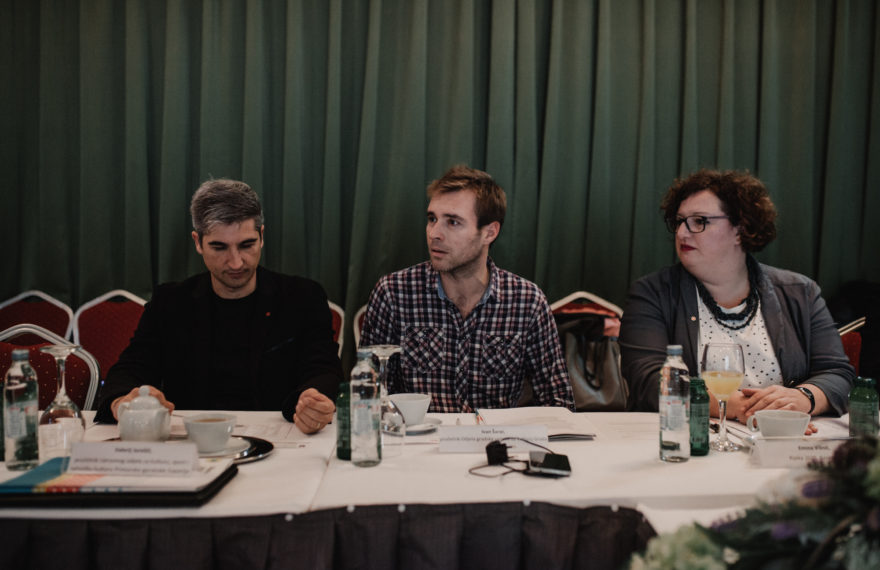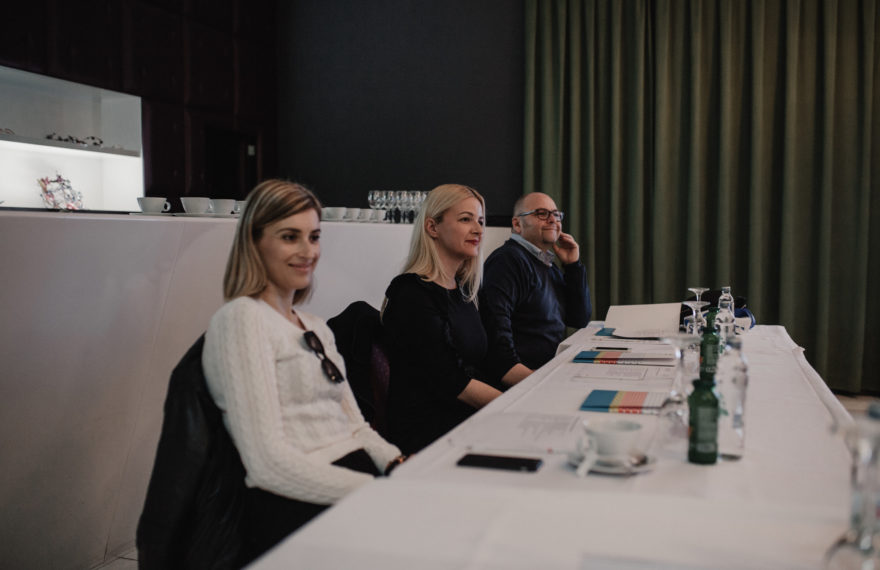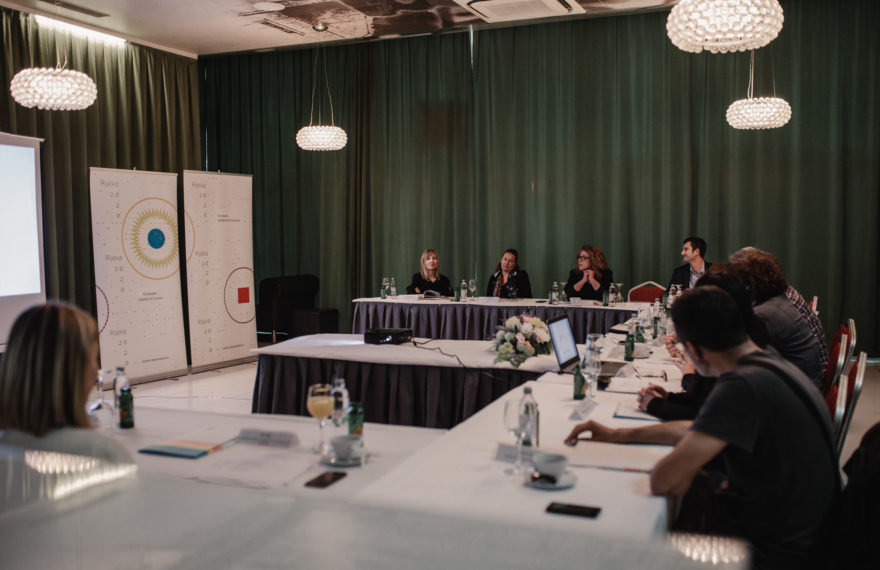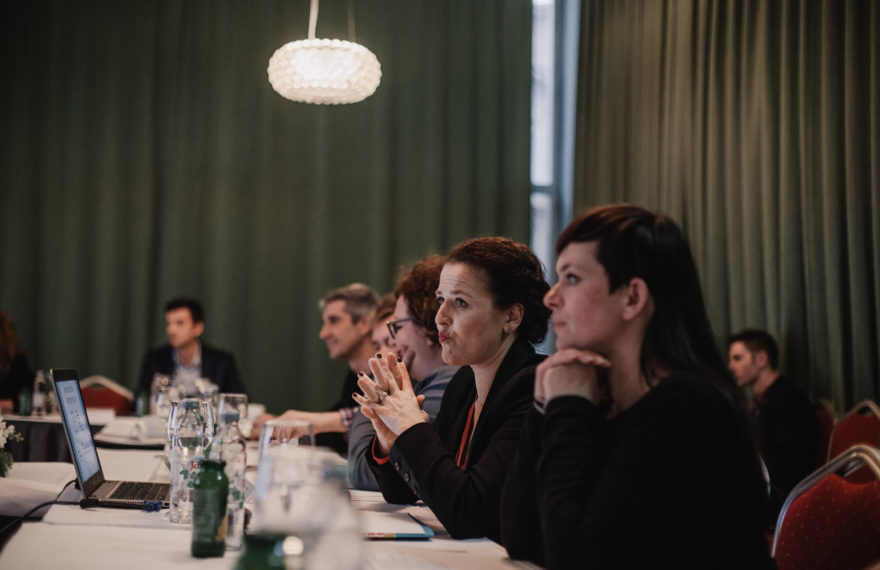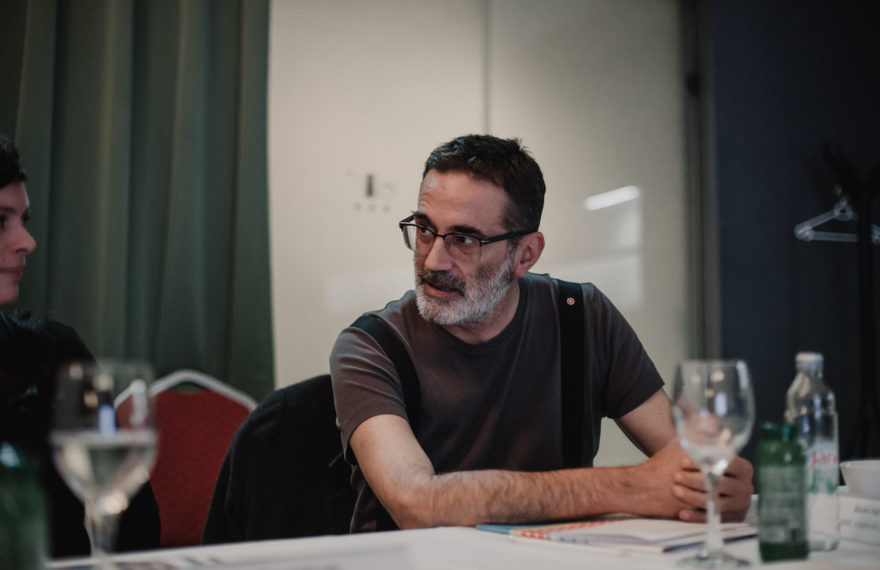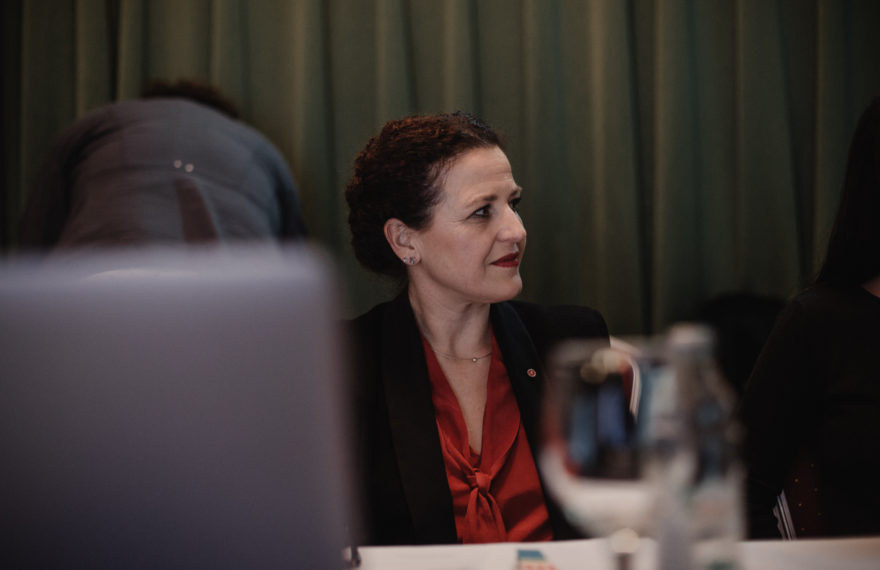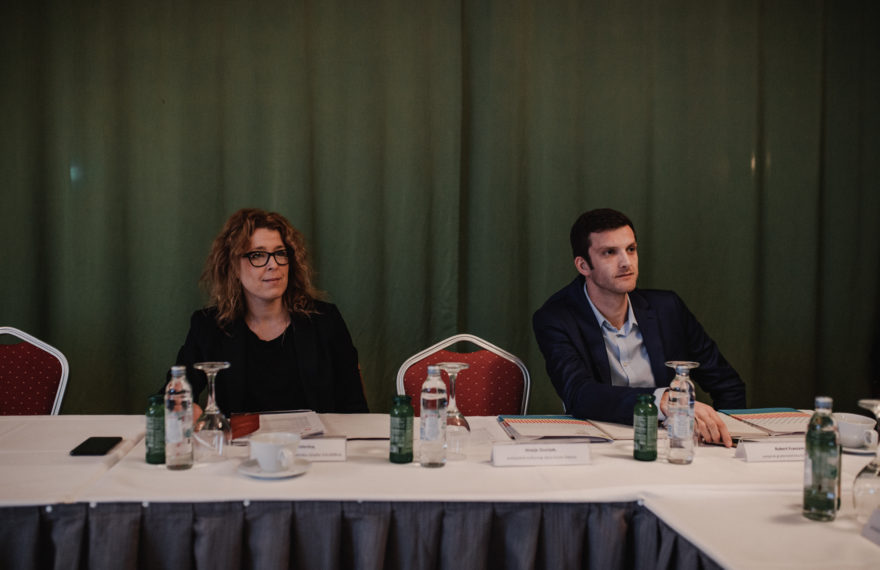On Friday, 24 November in Rijeka, as part of the conference on participatory governance, a meeting was held between all Croatian European Capital of Culture 2020 candidate cities in order to determine potential areas of cooperation on the Rijeka 2020 – ECOC project.
This agreement is significant for Rijeka, but also for Dubrovnik, Đakovo, Osijek, Pula, Split, Varaždin, Zadar and Zagreb. The candidate cities had invested significant financial and creative resources, and developed new cultural strategies, so it was concluded that those resources should be utilised.
After the meeting, Development and Strategic Partnerships Director Irena Kregar Šegota reminded the press that the European Capital of Culture was a project with a strong European dimension of great national significance, not merely local, and that in 2020 Croatia was not only going to have a European Capital of Culture, but was also going to preside over the European Union, which was an incredible opportunity for the cultural promotion of the entire country on the European level.
“This meeting was truly important and it is the first such meeting since Rijeka was pronounced the European Capital of Culture. We did not only talk about the Rijeka 2020 – ECOC programme, we also talked about other significant issues regarding cultural policies. Rijeka suggested several specific areas in which cooperation could be established, primarily in the Classroom education programme and the Diplomacy international conference programme, with the aim of strengthening the capacities of the cultural and creative sectors in our cities, and in order to connect with the international, primarily European, cultural scene”, sad Irena Kregar Šegota.
Within the scope of the ECOC project, Rijeka is running an extensive learning programme for the cultural and creative sector, part of which is the conference on participatory governance currently in progress, organised by the Kultura Nova Foundation in partnership with Rijeka 2020 ECOC.
She also pointed out that some of the discussion topics included the support in communication about the project, in the sense of audience development, and programme collaborations.
“During the candidacy process, and especially now, we developed partnerships with numerious institutions, artistic organisations, NGOs, companies and/or individuals from partner cities participating in the Rijeka 2020 programme and thus promoting their local culture scene and enabling its further development.
Programming collaborations may include the realisation of some programmes which were included in other cities’ bid books, which might be of great import for their local environments, as long as they can be presented within the scope of the Rijeka 2020 programme.
We have also proposed the possibility of developing joint co-production programmes which would premiere in Rijeka and then be presented in other Croatian cities”. Irena Kregar Šegota further pointed out that this project and title were a huge opportunity for the development of Rijeka, the Primorje-Gorski Kotar County, but also for the cultural development of the entire country.
